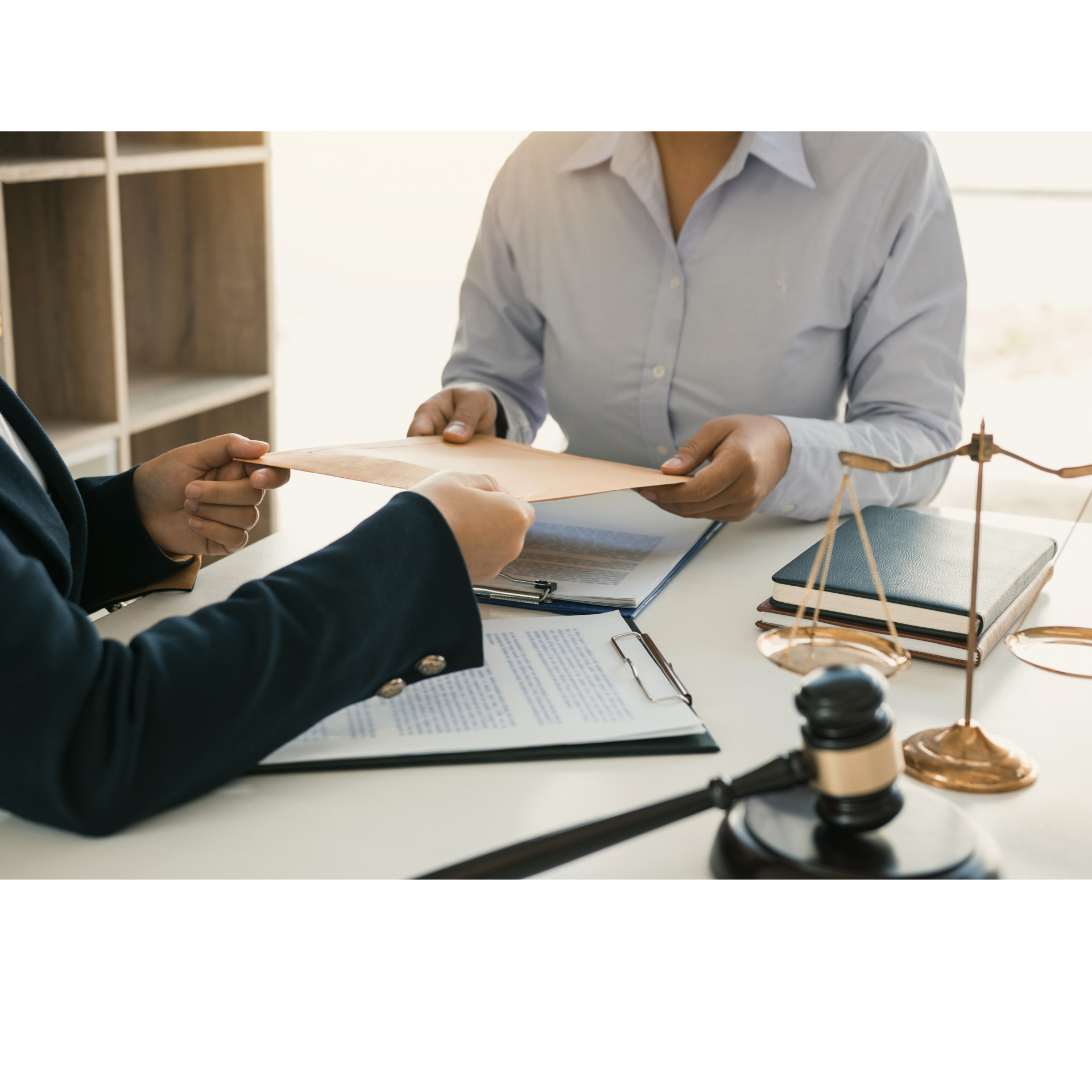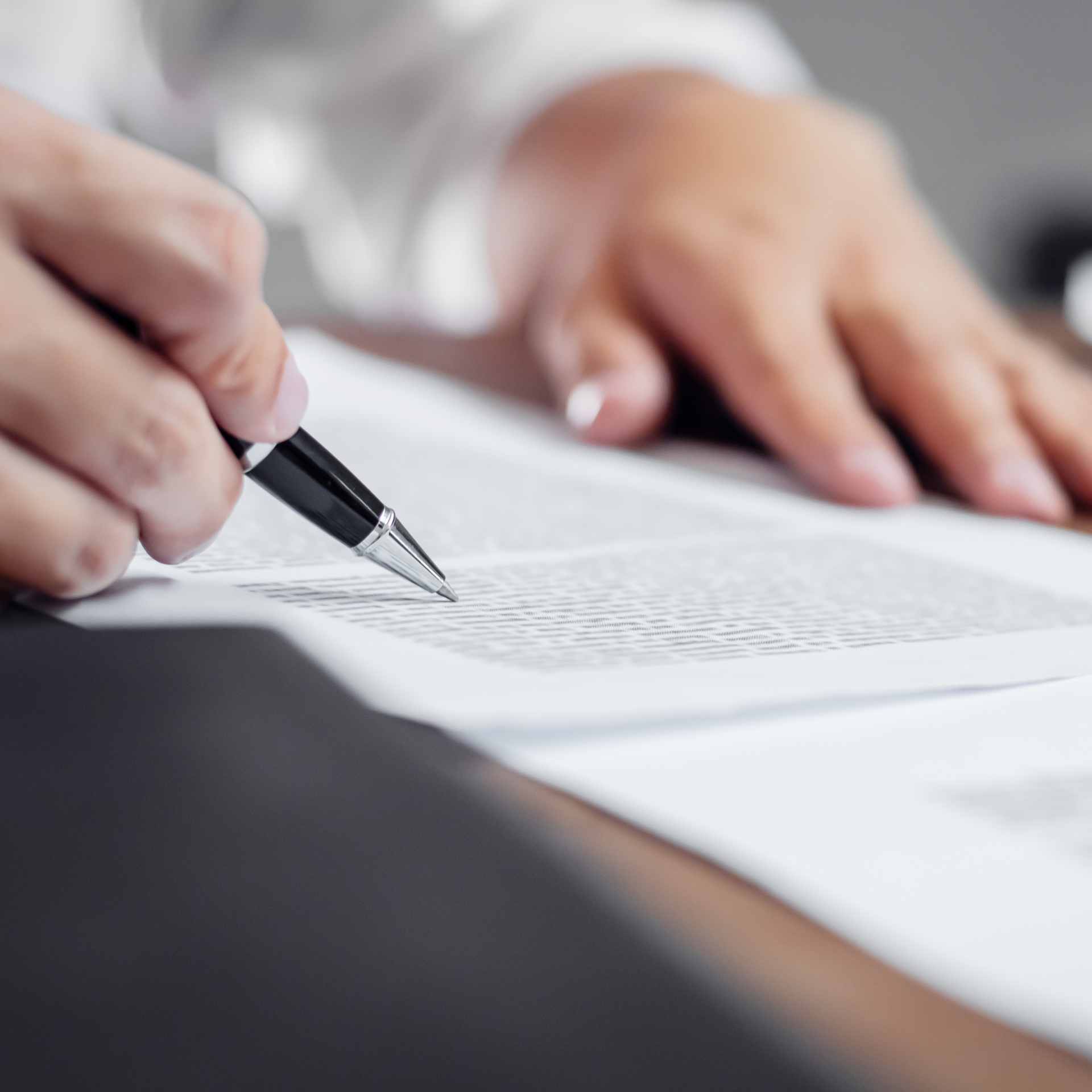Do You Need An Expert To Prove Bad Faith?
October 15, 2019
DL Law Group
In a bad faith case, use of an “insurance” expert can be discretionary. Numerous cases have held that it is not necessary to use an expert to prove bad faith. For example, in DeChant v. Monarch Life Insurance Company, (1996) 200 Wis. 2d 559, the court opined that the insured was not required to introduce expert testimony to prove a cause of action in tort for bad faith refusal to pay full disability benefits under the insurance policy, where allegations of bad faith did not implicate complex industry practices or procedures and jurors did not need special knowledge, skill or experience to properly understand and analyze the insurer’s conduct. Similarly, in Weiss v. United fire and Casualty Company, (1995) 197 Wis.2d 365, the court held that when an insurer’s alleged breach of its duty of good faith and fair dealing toward its insured involves facts and circumstances within the common knowledge of ordinary experience of average juror, the insured is not required to produce expert testimony in order to prevail on a bad faith claim. Remember, however, these cases were decided pursuant to the insurer’s attempt to claim that the jury’s determination that the insurer had acted in bad faith could not be supported because the plaintiff had not introduced expert testimony.
Depending on the facts of the case, it may be enough to simply cross examine the insurance company witnesses as to the standards that a reasonable insurer must apply when adjusting a claim. This was exactly what was done in the case of McGregor v. Paul Revere, Case No. C-97-2938, 2004 U.S. App. Lexis 730. Although plaintiff did not use a bad faith expert, her attorneys cross examined defendants’ witnesses on the standards of the industry and the definitions of disability In an unpublished decision handed down by the Ninth Circuit on January 15, 2004, the court affirmed McGregor’s $1.2 million federal jury award for bad faith denial of her disability benefits. The Court also affirmed an emotional distress award of $616,000 based on the same bad faith conduct.
If, after consideration of such things as the costs and the complexities of the case, the attorney does decide to use a bad faith expert, the next question that should be addressed is “how” and “when”. In many instances, attorneys decide that the plaintiff is the best witness to tell the story and will then use an expert to comment on claims handling only after all the evidence has been presented. However, when you are attempting to prove pattern and practice, it can often be very effective to put your bad faith expert on as the first witness. The expert can then draw the large picture or the road map for the jury. The individual witness testimony, including the insured and the company’s own employees, is then presented against the backdrop of institutional wrong that the expert has painted. Since an expert can rely on inadmissible evidence in forming an opinion, this can also be an effective way to get information before a jury that would otherwise be excluded as inadmissible hearsay.
E. Requirements for Admissibility of Expert Testimony
California :
Under Evidence Code §801 there are three basic requirements for the admissibility of expert opinion testimony:
- The subject matter of the expert’s testimony must be sufficiently beyond the common experience of the average person such that the opinion could assist the jury and/or Judge.
- The witness must have sufficient knowledge, skill, experience, training or education to qualify as an expert on the subject and
- The opinion must be based on reliable matters.
Expert opinion is not permitted when the subject matter is “one of common experience” upon which jurors do not need assistance in arriving at a conclusion. Godfred v. Steinpress (1982) 128 Cal.App.3d 154. Obviously, this is an area where parties often file competing motions in limine to keep the other side’s expert out.
Expert opinion is not allowed where the issue is a matter of law. In bad faith cases, it is imperative to remember that your expert cannot testify about whether or not the insurance company acted in “bad faith” or whether a punitive damage award is proper. These are legal issues and such testimony will be excluded. However, the expert may testify that a particular insurer’s practices fall below the standard of care or the custom and practice of the industry.
The California Supreme Court has allowed expert testimony on “the conduct and motives of an insurance company in denying coverage”:
We can conceive of many ways in which a lay jury, in assessing the conduct and motives of an insurance company in denying coverage under this policy, could benefit from the opinion of one who by profession and experience, was peculiarly equipped to evaluate such matters in the context of similar disputes.
Neal v. Farmers Ins. Exch., (1978) 21 Cal.3d 910,924.
In addition, there are bad faith cases in which expert testimony is required. For instance, in a bad faith case where the plaintiff is asking for accelerated damages pursuant to Egan v. Mutual of Omaha (1979) 24 Cal.3d 809; and Pistorius v. Prudential Ins. Co. of Am. 123 Cal.App.3d 541, it is imperative to have a financial expert who can testify as to the present value of future policy benefits. Here the predictable fight is over the discount rate to be used to determine the value as well as the Cost of Living increase if one is contained in the policy. In addition, if the trier of fact decides to award punitive damages, it is plaintiff’s burden to present proof of the net worth of the defendant. Here again it is necessary to present expert testimony.
Unless the parties agree otherwise, there is no requirement that the expert create a written version of the opinion he/she intends to offer at trial.
Federal:
- Under the Federal Rules of Evidence, the admissibility of expert opinion testimony generally turns on preliminary questions of law determinations by the trial judge of whether:
- opinion is based on scientific technical, or other specialized knowledge;
- opinion would assist the trier of fact in understanding evidence or a fact in issue;
- the expert has appropriate qualifications, that is, some special knowledge, skill, experience, training, or education on that subject matter;
- testimony is relevant and reliable;
- expert’s methodology or technique fits the conclusions; and its probative value is substantially outweighed by the risk of unfair prejudice, confusion of issue, or undue consumption of time. (Fed. Rules Evid. Rules 104(a), 403,702,28 U.S.C.A. Even in diversity cases, the admissibility of expert testimony is controlled by Federal Law.
Under the Federal Rules of Evidence, the trial judge is the “gatekeeper” of expert testimony. This means that it is up to the trial judge to ensure that an expert’s testimony is both reliable and relevant. Daubert v. Merrell Dow Pharmaceuticals, Inc. (1993) 509 US 579. In addressing the admissibility of “scientific expert evidence, the Supreme Court, in Daubert, held that FRE 702 imposes a “gatekeeping” obligation on the trial judge to “ensure that any and all scientific testimony . . . is not only relevant but reliable.” 509 U.S. at 589.
While maintaining that the trial court has substantial discretion in discharging its gatekeeping obligation, the Supreme Court suggested that in exercising its discretion, the trial court might consider: 1) whether a theory or technique can be tested; 2) whether it has been subjected to peer review and publication; 3) the known or potential error rate of the theory or technique; and 4) whether the theory or technique enjoys general acceptance within the relevant scientific community. Id. at 592-594.
In Kumho Tire Co. v. Carmichael, 526 U.S. 137 (1999), the Supreme Court further clarified its intent that the trial court’s gatekeeping function not be limited to “scientific” expert testimony, but applies to all expert testimony. However, Kumho Tire carefully emphasizes that trial judges are not required to mechanically apply the Daubert factors-or something like them-to both scientific and non-scientific testimony and are to be given broad discretion when discharging their gatekeeping functions. This latitude applies not only to the trial court’s decision of whether or not to admit an expert’s testimony but also to how the trial court tests an expert’s reliability.
A number of Ninth Circuit cases have held that Daubert does not apply to “non-scientific” testimony at all. See United Stated v. Plunk, 153 F.3d 1011, 1017 (9 th cir. 1998); McKendall v. Crown Control Corp., 122 F.3d 803,806 (9 th Cir. 1997); United Stated v. Webb, 115 F.3d 711, 716 (9 th Cir. 1997). Because these cases predate the Supreme Court’s holding in Kumho, they are not good law insofar as they draw a distinction between “scientific” and non-scientific” testimony. “However these cases are still good law to the extent that they permit the admission of expert testimony on the basis of the expert’s ‘knowledge, skill, experience, training, or education,’ which is consistent with Kumho Tire.” United States v. Hankey, 203 F.3d 1160, 1169 (9 th Cir. 2000).
In Hankey, the Ninth Circuit upheld the admission of expert testimony by a gang member whose expertise was based on his personal experience of gangs. The court held that “[t]he Daubert factors (peer review, publication, potential error rate, etc.) simply are not applicable to this kind of testimony, whose reliability depends heavily on the knowledge and experience of the expert, rather than the methodology or theory behind it.” Id. at 1168.
In Mukhtar v. Cal. State University, Hayward, 299 F.1053, 1064 (9 th Cir. 2002), amended 319 F.3d 1073 (9 th cir. 2003), the Ninth Circuit reiterated that “[a] trial court not only has broad latitude in determining whether an expert’s testimony is reliable, but also in deciding how to determine the testimony’s reliability. [citations omitted] Indeed, a separate, pretrial hearing on reliability is not required.”
Plaintiffs can expect that in every bad faith case in which they plan to use an expert, defendants will work mightily to disqualify that expert on the basis of Daubert. This was one of the issues on appeal in Greenberg v. Paul Revere, UnumProvident, et al. D.C. No. CV-99-00154-SRB. There defendants contended that the district court had committed reversible error when it admitted the testimony of Greenberg’s insurance industry expert. In an unpublished decision issued on January 12, 2004, the court upheld a punitive damage award of $2.4 million and held that “the district court did not abuse its discretion in admitting the testimony of Greenberg’s industry expert, Donald Kelley. Contrary to Paul Revere’s contention, the district court was not required to assess Kelley’s testimony against the factors articulated in Daubert v. Merrell Dow Pharm., Inc., 113 S. Ct. 2786 (1993)-peer review, publication, error rates, etc.-where it was the ‘kind of testimony, whose reliability depends heavily on the knowledge and experience of the expert, rather than the methodology or theory behind it.'”
Keep in mind that although prohibited from commenting on the law or drawing legal conclusions, a bad faith expert may reasonably rely on the application of statutes in determining the reasonableness of a company’s actions. Kraeger v.
Nationwide Mut. Ins. Company, 1997 WL 109582 (E.D. Pa. 1997). Moreover, it is considered reasonable for experts in bad faith insurance practices to look to the relevant statutory and regulatory requirements in examining the reasonableness of an insurer’s actions. Id. at *2. See also Hangarter v. Paul Revere, UnumProvident, et al. (2002) 236 F. Supp.2d 1069.
The issue of the reliability of the experts’ opinion and the Court’s gate keeping role as well as other aspects of the Hangarter case is now on appeal. The question of the admissibility of plaintiff’s bad faith expert took front and center at the oral argument held on February 10, 2004. At the time of the writing of this paper the court has not reached a decision. When the decision is handed down, plaintiff’s attorneys expect that it will go a long way in clarifying what hurdles a plaintiff’s bad faith expert must pass for the admission of his or her expert testimony.
In McGregor, supra, it was plaintiff’s treating expert hand surgeon, not a bad faith expert, whose testimony was challenged through invocation of Daubert and its progeny. Defendants tried on at least three separate occasions to exclude plaintiff’s physician claiming, among other things, that his methods were unreliable and unusual. In upholding the jury’s verdict as well as the trial court’s rulings on the post trial motions, the Appellate Court held that the trial court had not abdicated her gatekeeping role in admitting the testimony of the expert. In addition, the Appellate Court stated: “We also conclude that the trial court did not abuse its discretion by finding that cross-examination was the proper vehicle for addressing Paul Revere’s attacks on [the experts] credibility. See Daubert,509 U.S. at 596 (“gatekeeping” role is no substitute for [v]igorous cross-examination.”).”
CONCLUSION
In an insurance bad faith case, an unreasonable denial can be proven by the individual claim’s file itself. Establishing a corporate pattern and practice of conduct, however, is essential to obtaining substantial punitive damages. Expert testimony can often provide compelling evidence of the nexus between the conduct exhibited in your case and a corporate culture that encouraged the kind of conduct that resulted in your client’s denial of coverage. Because the expert can rely on documents that may not actually be admitted, the expert’s opinion can provide the passkey that unlocks the puzzle of the insurance company’s intentional bad acts and makes a punitive damage award possible.
RELATED POSTS




CONTACT US FOR A FREE CASE EVALUATION
You Won't Pay Until We Win

